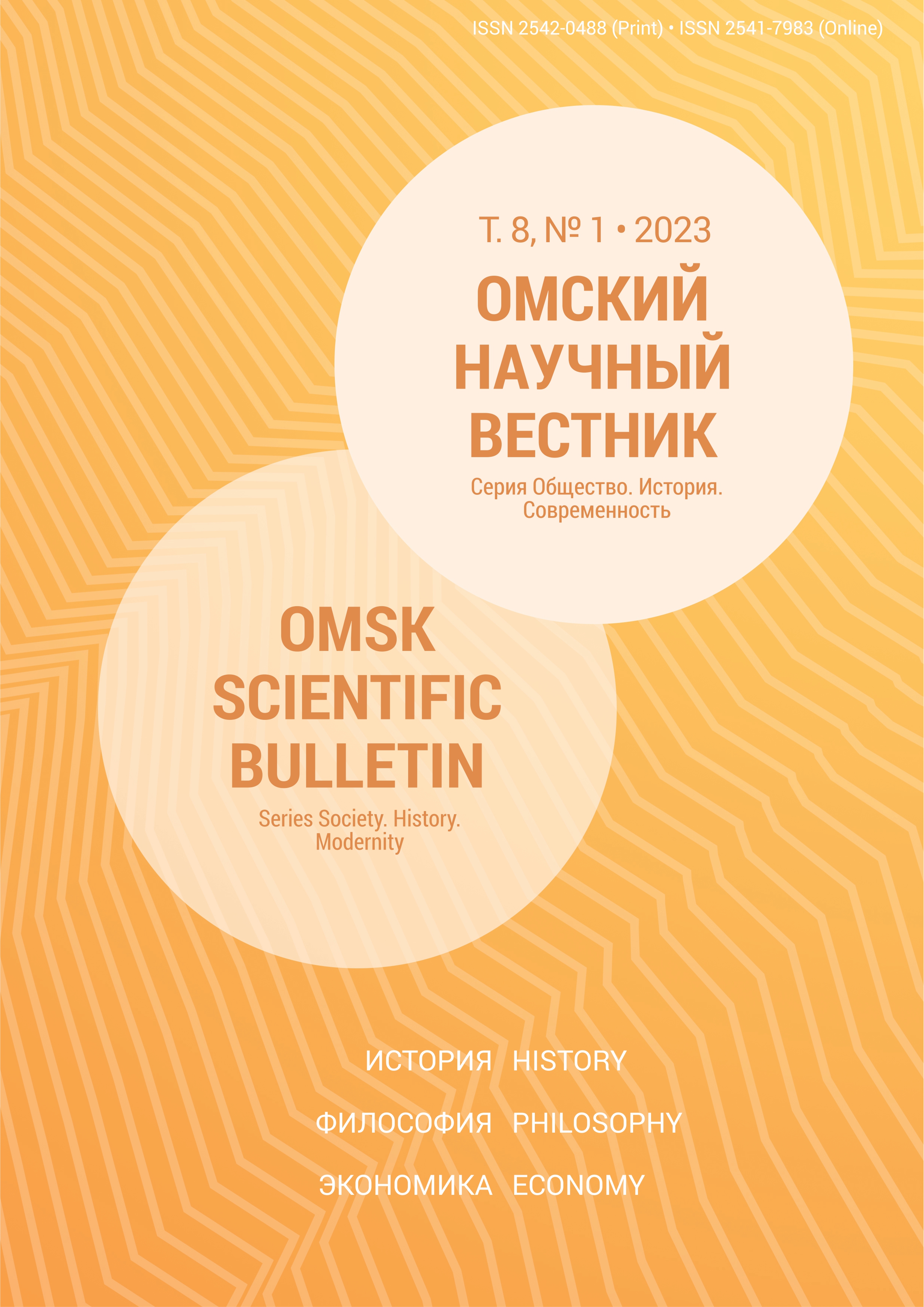Enactivism as an epistemology for science of complexity
DOI:
https://doi.org/10.25206/2542-0488-2023-8-1-118-126Keywords:
complexity, science of complexity, new ontologies, corporeality, philosophy of complexity, enactivismAbstract
Contemporary science of complexity have a significant impact on ideas about the relationship between humans and the environment. They integrate the achievements
of systems approach, cybernetics, synergetics, constructing an ontology of diversity, which requires a radical conceptual turn in epistemology. Enactivism is an under-appreciated epistemological strategy that proceeds from notions of complex self-organising systems, the kinds of relationship between the knower and the knowable. Declaring the functional equality of subject and object, enactivism shows
similarities with some of the new ontology principles — anti-sensationalism, antireductionism and heterogeneity. According to the new ontologies and enactivism, the human being is not a self-contained ‘selfness’. Under enactivism, man is given the most ‘ecological’ strategy for knowing diversity. This strategy covers not only the ‘ecology’ of impersonal self-organising systems, but also the human mind, including the principles of complex thinking. The closest to science of complexity is the position of autopoiesis enactivism, which avoids the extremes of biologism, psychologism, solipsism, and schematism in the cognition of diversity.
Downloads
Published
How to Cite
Issue
Section
License
Non-exclusive rights to the article are transferred to the journal in full accordance with the Creative Commons License BY-NC-SA 4.0 «Attribution-NonCommercial-ShareAlike 4.0 Worldwide License (CC BY-NC-SA 4.0»)




